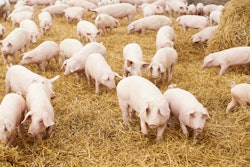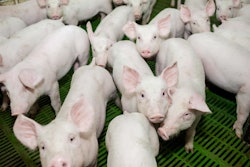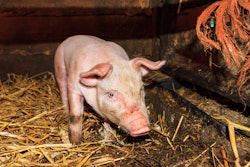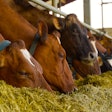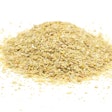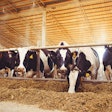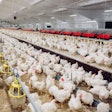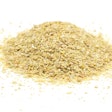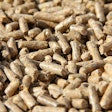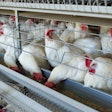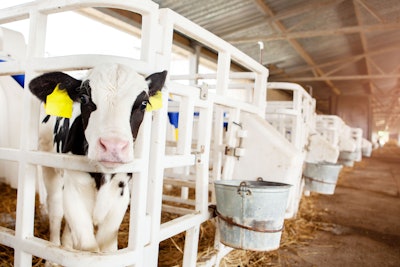
I am fully aware that some dry calf starters and expensive pre-starters contain milk products, and they are also very successful commercially. The reasoning is that if milk is good for calves, hence the milk replacers we feed them, then some extra milk in their dry feed, should be even better. Right?
Well, as I happen to know the nutritionist(s) behind these product(s), I know they are pig nutritionists, and they follow the same reasoning we have with piglets. There, this is true. In calves, not only is adding milk into dry feed wrong; it can also be fatal. Let me explain.
When calves drink liquid milk, either natural or a milk replacer, it bypasses their rumen and reaches the last compartment of their stomach, the true stomach or abomasum. This milk never reaches the first three compartments of their stomach. If that happens (spillover from drinking too fast or too much) or by adding milk products into dry feed (the latter goes to the rumen first), then we have a problem.
Milk products, with a few exceptions, contain lactose (or they are very expensive as pure proteins). Lactose feeds the rumen bacteria, causing an excessive production of organic acids. This leads to a rapid decrease in rumen pH, or acidosis, which is the start of several problems that can end in death.
This rarely happens because the amount of milk products is minimal, and the amount of the dry pre-starter fed is also trivial. But it creates the wrong impression to calf producers, causing unfair confusion in the market. The fact that these products work is because of the remaining components and certainly not because they contain milk products. At some point, basic science should prevail over practice, when the latter bends even the most fundamental knowledge.


